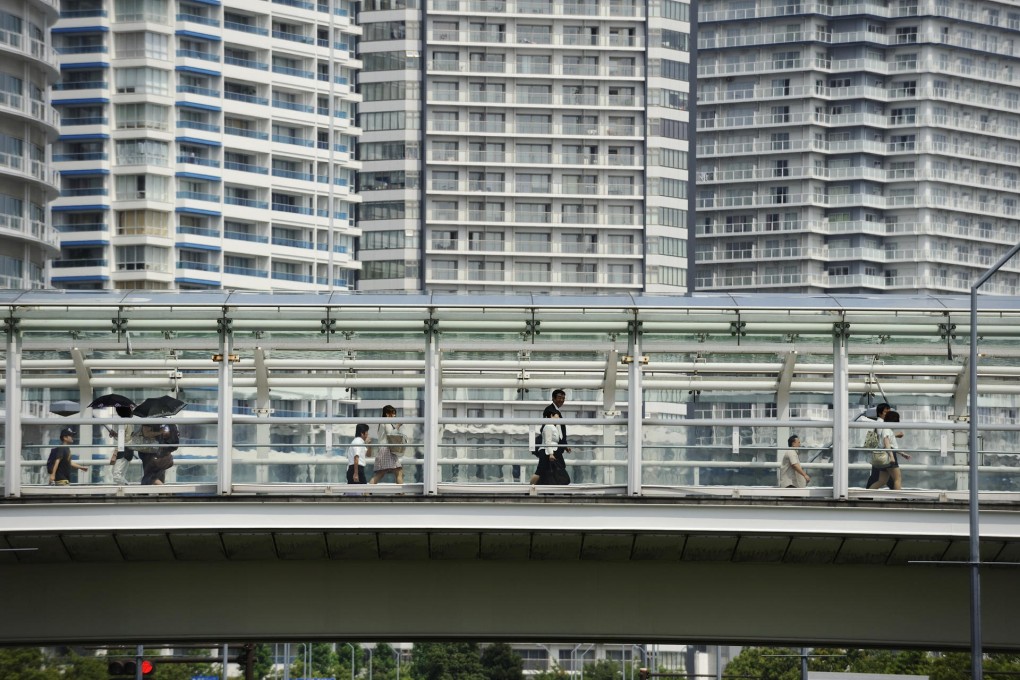Japan's property market is making a comeback
Foreign buyers help to revive a stagnant housing market

For the longest time, Japan's property market has been frozen. Only those investors who had the nerve to sit out plummeting prices, economic crises and catastrophic natural disasters, such as the 2011 earthquake and tsunami, can look forward to better times. There's a sense of some optimism now, fuelled by "Abenomics" - Prime Minister Shinzo Abe's plans to create a positive economic cycle - and the return of foreign buyers.
The housing market has "been robust, with housing starts growing for the fourth consecutive year", NLI Research Institute says in its report for the fourth quarter of last year. "The number of condominium units sold in the Tokyo metropolitan area hit 50,000 for the first time in six years, and the transaction volume in the secondary condominium market posted a record high for the second consecutive year. Land prices have been rising in major cities."
"The boom in new housing continues in Tokyo," Deutsche Asset and Wealth Management says in a recent market report. "The average sales price per unit for newly-built condos in greater Tokyo rose to 49.4 million yen [HK$3.6 million] in the fourth quarter of 2013, the highest price range of the past two decades. The number of units sold rose 37.4 per cent over the same period a year ago, the second-fastest growth rate in six years."
Zoe Ward, an Australian who opened Japan Property Central in May this year and has worked in the Tokyo property scene for several years, says sales have been "really picking up" since early last year. A number of new apartments have been selling out prior to completion - sometimes up to a year in advance, she says.
"Last year, foreigners came back to the market. After the earthquake, people were a bit cautious, and the economy didn't look so good with all the reconstruction. When Prime Minister Abe came into power and got things going again, it brought back a confidence in the market which had been lacking for some time."
Most of the foreign inquiries that Ward is fielding are coming from people in Hong Kong